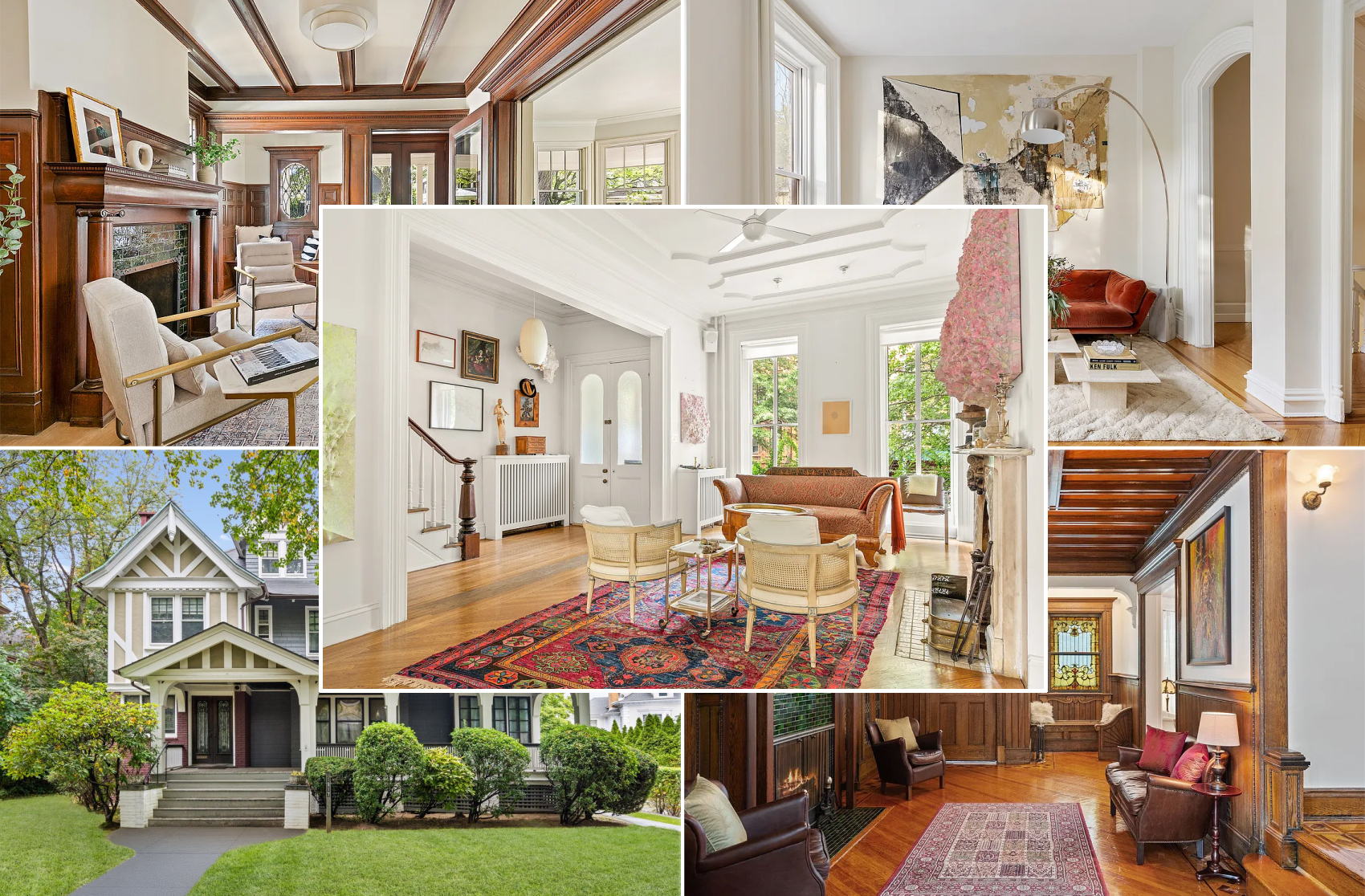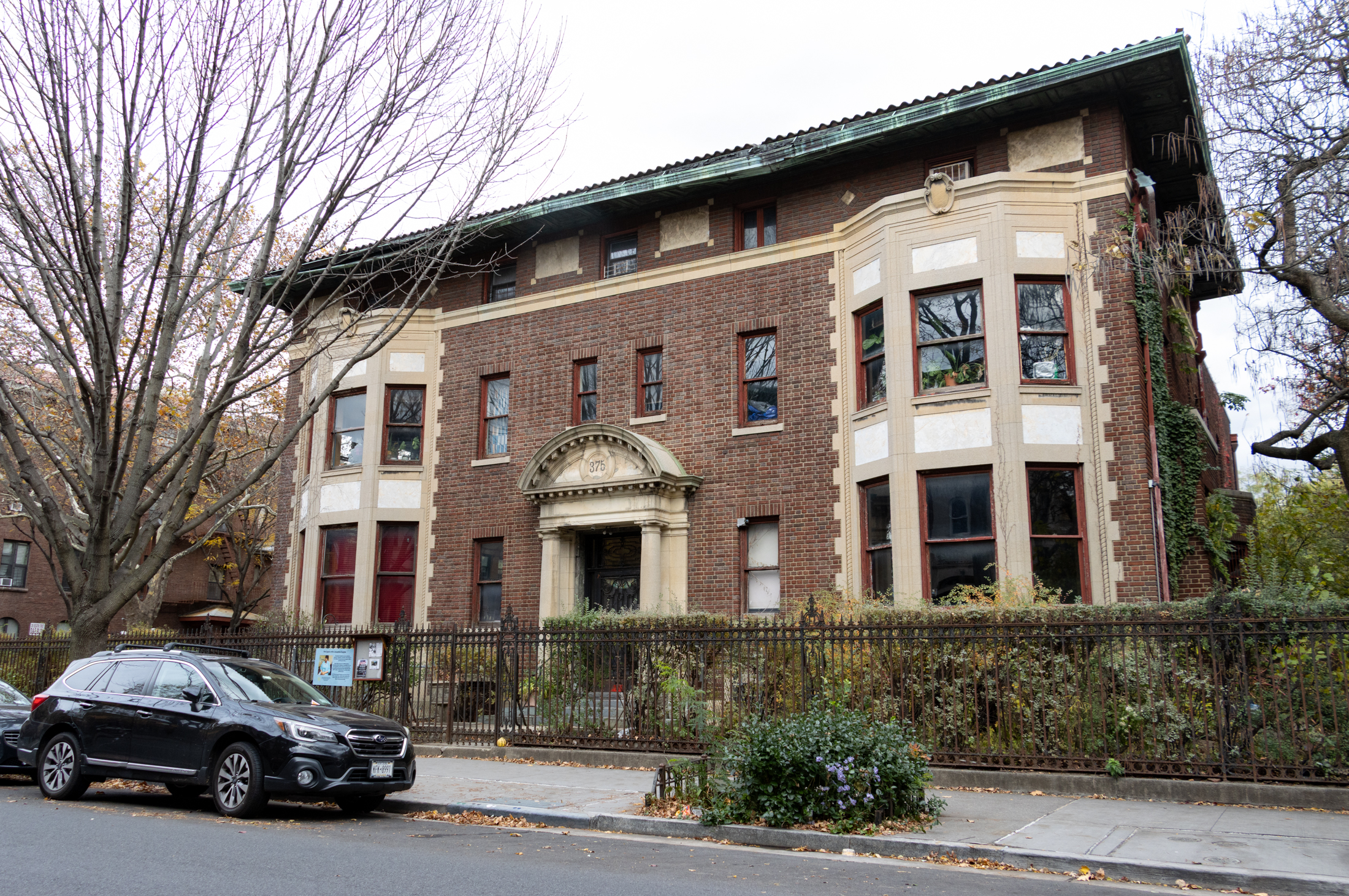Brooklyn Breaks the Bank for Housing
Homeowners in Brooklyn are paying plenty for their housing—more than just about anyone else in New York City or State, in fact. According to 2006 Census data, 31 percent of Brooklyn homeowners with a mortgage are spending half or more of their earnings on housing, the highest percentage of any large county in the state….


Homeowners in Brooklyn are paying plenty for their housing—more than just about anyone else in New York City or State, in fact. According to 2006 Census data, 31 percent of Brooklyn homeowners with a mortgage are spending half or more of their earnings on housing, the highest percentage of any large county in the state. And 55 percent of Brooklyn homeowners paid 30 percent or more of their income for housing while shouldering the second-highest (after Manhattan) monthly costs in the city, at $2,194. A recipe for disaster or just the way it’s always been?
Housing Takes Bigger Bite of New Yorkers’ Incomes, Census Data Shows [NY Times]





wait, who ever uses net income as a base for this kind of thing? if net income is gross income minus expenses, isn’t housing factored into that?
if we’re talking net income, then hell yeah i’m paying more than 30%.
Re 9:44 …
Why does Ms. Solarzano elect to teach on a part-time basis? Why not forego the second job and teach full-time in order to reap the benefits of being a city employee?
from the article: “She would like to go back to school to get a master’s degree, but cannot afford the tuition.” You can’t be a fulltime city teacher without a master’s degree. Yes, there are probably programs that could help with tuition, but finding them and trying to balance a kid, classes and work while also struggling financially is pretty damn challenging.
It’s easy to criticize others’ real or imagined “missteps,” but the flat reality is that it’s easy to fall down in this city and that without a strong social network of people with means, it can be daunting as hell to get back up.
We may be planting the seeds of our own destruction. Housing costs in Brooklyn are off the charts. An ordinary house here has now become unaffordable by all but the very rich, with incomes in the top 1%.
When talented, hard working people see that their efforts are not resulting in a good life for their families, they will move out. It is always the most talented and viable that move first leaving behind the older folks who are retired and the less-capable. So the city will be more and more filled with people on Social Security and with rich bankers and lawyers. Who will tend to these folks is a big question as no blue-collar professional or teacher, or healthcare worker will want to work hard in a place that denies them the basic promise of the American dream namely: to own your own house. It is a crisis and it is going to hit us hard and everyone will say: where did that come from?
10:19 here. I was responding to “A recipe for disaster or just the way it’s always been?”.
Seems to me that this is yet another canary in a housing coal mine knee deep in dead birds.
I’d say the former. Since the 90’s, prices have tripled while median/average incomes barely moved up.
Corcoran shows median/average incomes ($) for the following nabes: B.Stuy (27K/41K); C.Heights (29K/41K); C.Hill (33K/46K); F.Greene (33K/46K); P.Heights (44K/58K); P.Slope (60K/81K); B.Hill (49K/78K); C.Gardens (49K/78K); B.Heights (60K/81K).
Has Brooklyn always been immune to the traditional price/income ratio of 3:1? Not during the 90’s. For condos, I would apply this figure directly. For brownstones, I would multiply this figure by the median/average number of families which is probably 3 (owners duplex plus 2 rentals).
One hell of a recipe.
Im paying about 25% of my gross income to mortgage, maintenance, and taxes. Net is a different story, but the tax deduction at the end of the year kind of balances it out.
I would be interested if they are talking net or gross…
If the percentages are accurate, how could it only be in “marginal” neighborhoods– 1/3 of brooklynites are paying half their income in rent or mortgage!? and more than half are paying 30% That is not marginal.
I guess I am lucky though–my maint/mort costs are very low. We pay about 15% of our income for housing in Brooklyn.
in my experience, once you buy a place you lose all interest in going out and spending money on external stuff, so it all ends up going to the house anyway!